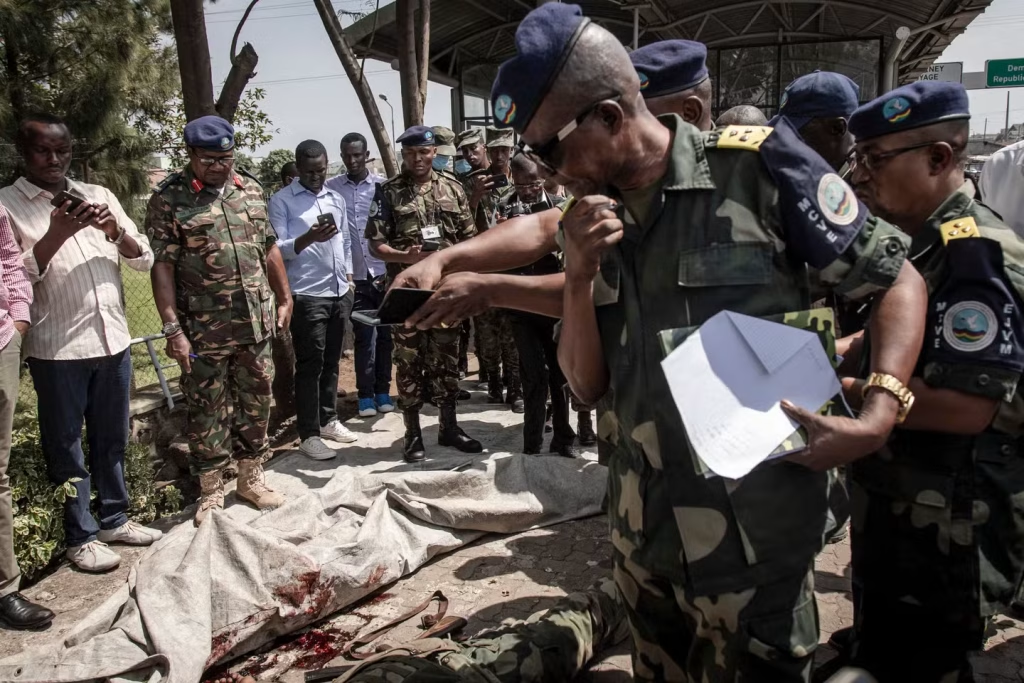Fighting erupted on Thursday in eastern Democratic Republic of Congo (DRC), leaving at least 11 people dead, according to local sources.
Although the government and the M23 rebel group had just signed a ceasefire agreement, the fighting took place in the Masisi territory town of Luke, about 150 kilometres from Goma, the provincial capital of North Kivu.
Residents told AFP by phone that fighting had resumed between the Rwanda-backed M23 rebels and Congolese militias, only a few days after both sides committed to a permanent ceasefire in a declaration signed in Qatar.
A local health official, speaking on condition of anonymity, reported that the violence had left 11 people dead, including eight civilians, with 21 others injured and being treated at local clinics.
The official added that the injured could not be transferred to nearby areas like Kiningi or central Masisi due to continued fighting, noting that the main health centre in Luke had been destroyed.
“The clashes are still ongoing,” confirmed John Shukuru, a resident. “I’ve seen bodies and injured people. I fear what could happen next if this fighting persists.”

Alexandre Kipanda Mungo, head of the Banyungu district, which includes Luke, blamed the M23 rebels for launching attacks on Luke, Nyamabako, and other nearby locations. “The M23 has not given up on war,” he said.
However, M23 spokesperson Lawrence Kanyuka told AFP that fighting was indeed taking place but accused Congolese government forces of initiating the attacks on M23 positions.
The M23, which resurfaced in 2021 after years of dormancy, captured large swathes of eastern DRC, including the strategic cities of Goma and Bukavu, earlier this year. Much of the Masisi region has since fallen out of Kinshasa’s control.
While previously held by the national army (FARDC) and allied militias, the area is now contested by various armed groups, including local self-defence fighters known as “wazalendo”—or “patriots” in Swahili—who are difficult to identify as they often dress in civilian clothing.
The ceasefire agreement reached in Doha over the weekend had been welcomed by the international community as a potential step toward long-term peace in the region.
Eastern DRC, rich in minerals, has suffered from conflict for over three decades, and although multiple ceasefires have been brokered over the years, they have frequently been broken. Since February, front lines in the region had remained largely static.


 Trending
Trending 
